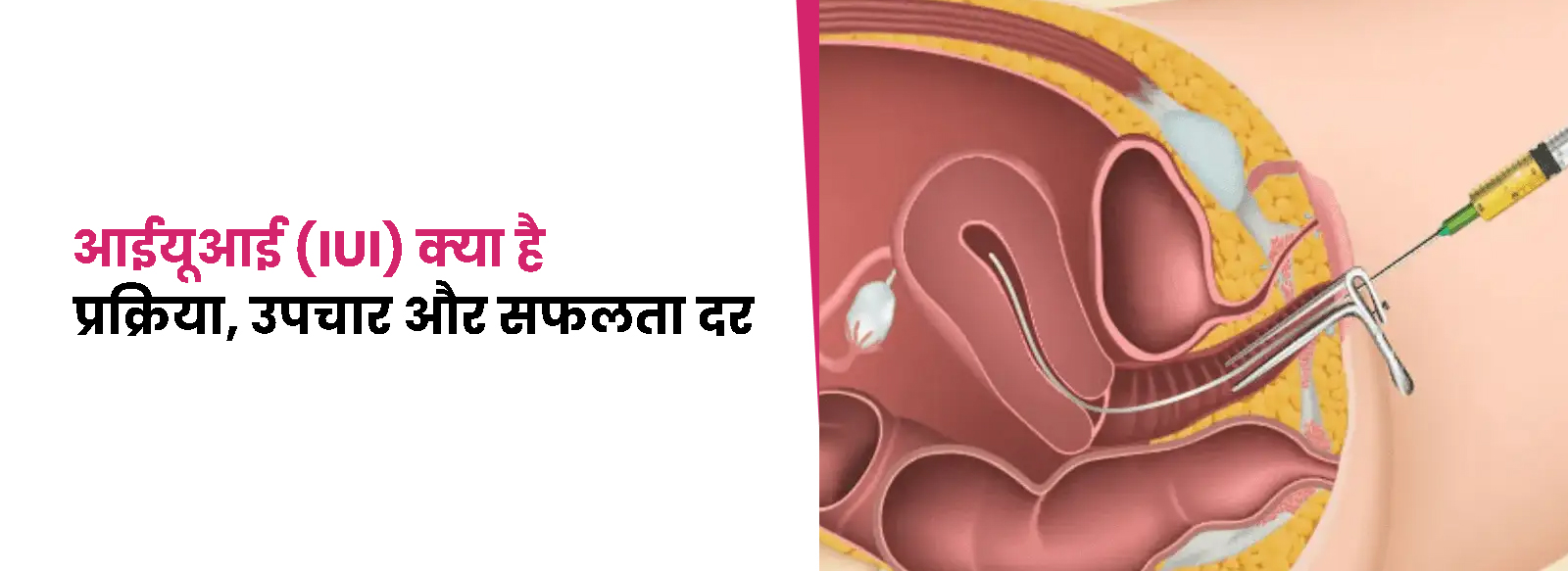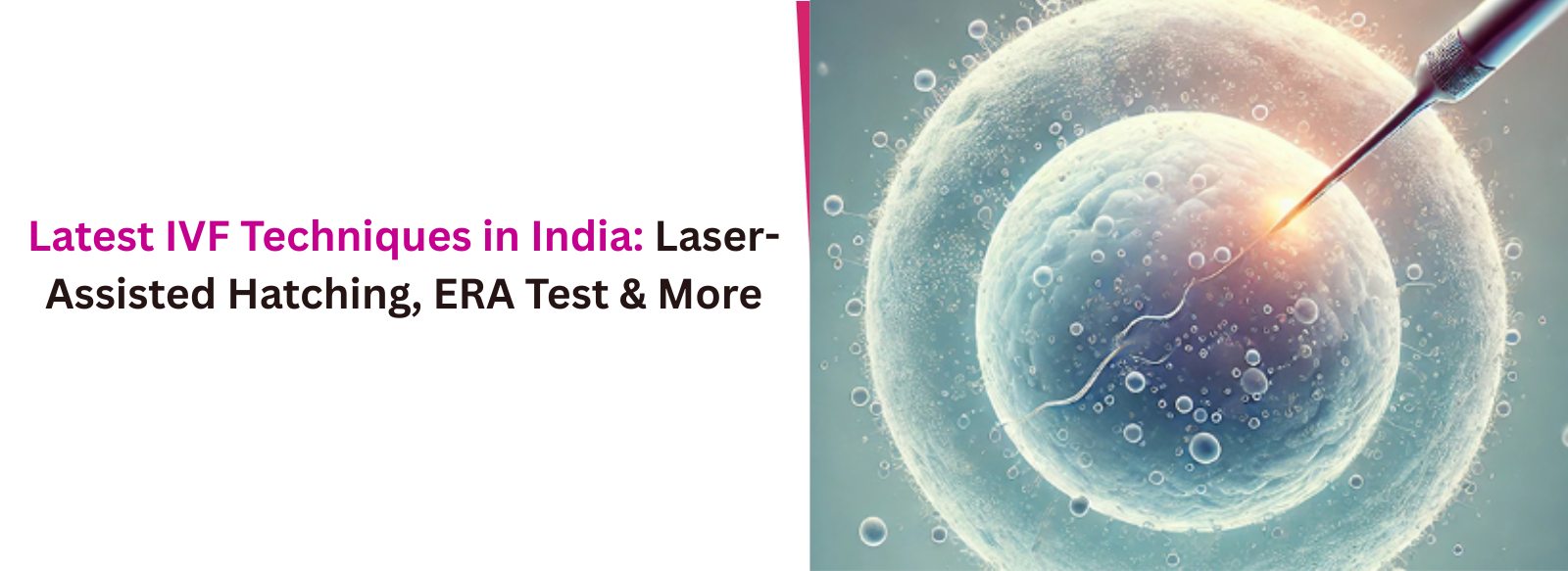What is Ovulation?
Ovulation is the process in which a mature egg is released from one of the ovaries, typically occurring around the middle of the menstrual cycle. During this phase, the egg travels down the fallopian tube, where it can potentially be fertilized by sperm. Ovulation usually occurs about 14 days before the start of a woman's next period, but the timing can vary depending on the length of her cycle. For pregnancy to occur, sperm must meet the egg during or shortly after ovulation.Cryptic Pregnancy and Ovulation
Women can still ovulate during a cryptic pregnancy, although they may remain unaware of their pregnancy due to the lack of typical symptoms. This can lead to confusion, as the body may continue to exhibit signs similar to a regular menstrual cycle.Ovulation During Cryptic Pregnancy
In a cryptic pregnancy, a woman may continue to ovulate, even though she is unknowingly pregnant. This is because the body may not show the typical signs of pregnancy, such as missed periods or morning sickness, which can lead to the pregnancy remaining undetected. In some cases, women may not suspect they are pregnant because their menstrual cycles continue or they experience minimal symptoms, making the condition harder to identify until later stages.Menstrual Cycles
One of the more confusing aspects of a cryptic pregnancy is the continued occurrence of menstrual-like bleeding. Some women may experience regular or irregular bleeding during pregnancy, which can be mistaken for a period. This bleeding is not a true menstrual cycle but may still resemble it, further obscuring the recognition of pregnancy. This phenomenon occurs because of hormonal fluctuations that can mimic the normal menstrual process, making it difficult for women to realize they are pregnant.Factors Contributing to Cryptic Pregnancies
- Hormonal Imbalances: Conditions like Polycystic Ovary Syndrome (PCOS) can disrupt regular menstrual cycles and ovulation, making it more difficult to detect a pregnancy. This hormonal imbalance may cause irregular periods, which can mask the early signs of pregnancy.
- Physical Factors: Anatomical variations, such as a tilted uterus, can make it harder to recognize pregnancy symptoms. These physical differences may affect how the body shows signs like abdominal changes or even the detection of the baby through traditional methods.
Implications of Ovulation in Cryptic Pregnancies
- Conception Possibility: Even during a cryptic pregnancy, ovulation is still possible, suggesting that conception can occur. However, because typical pregnancy symptoms may not appear, the pregnancy often goes unnoticed, leading to delayed recognition.
- Health Considerations: Being unaware of a pregnancy can result in missed opportunities for early prenatal care, which is important for the health of both the mother and the baby. Delayed care can lead to complications that could otherwise be avoided with timely intervention.







